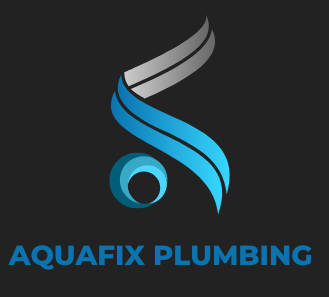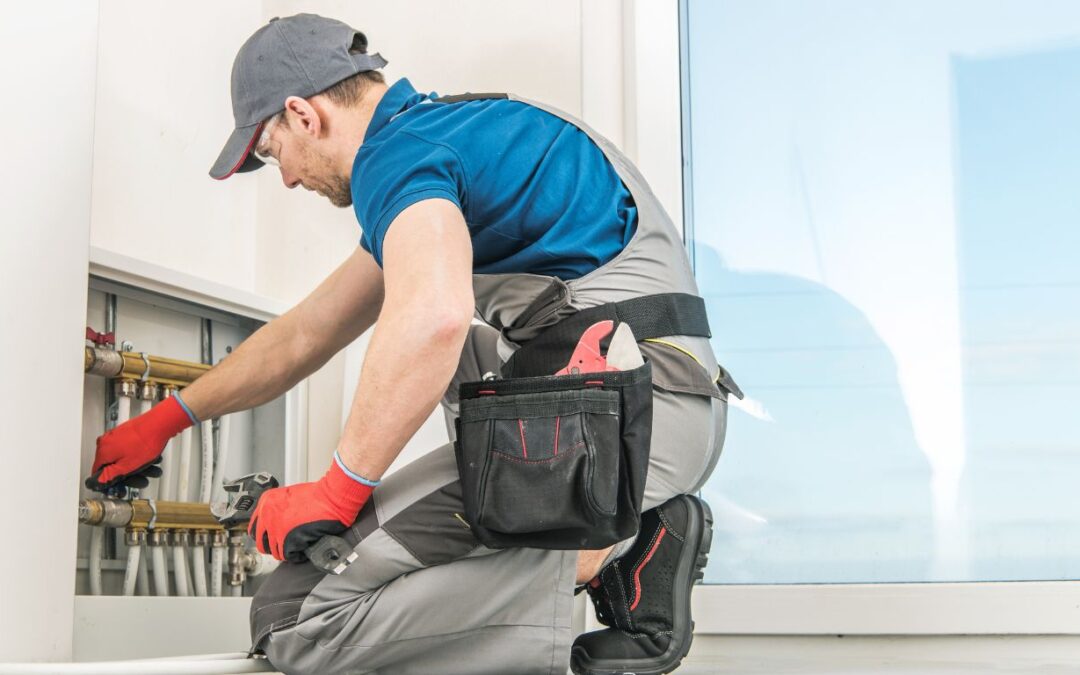KZN Plumbing solutions
Durban is home to many beautiful older houses. However, these charming homes often come with plumbing problems. From leaky pipes to outdated fixtures, the problems can be frustrating. In this blog post, we will explore the top five common plumbing problems in older Durban homes. We’ll also provide practical solutions to help you tackle these issues head-on. Let’s dive in and make sure your home runs smoothly!
Leaky Pipes: A Drip That Can Drain Your Wallet
How to Fix
- Small Leaks: For minor leaks, a temporary fix might involve applying epoxy putty or wrapping the pipe with self-fusing repair tape. However, it’s crucial to remember that these are temporary solutions.
- Major Leaks: For larger leaks or extensive corrosion, it’s best to call in a professional plumber. They may need to replace sections of the pipe or, in severe cases, repipe the entire house.
Low Water Pressure
Low water pressure can make even simple tasks like showering or washing dishes a frustrating experience. In older Durban homes, this is often caused by:
- Corroded Pipes: The buildup of rust and sediment restricts water flow.
- Blocked Pipes: Debris, mineral deposits, and even tree roots can obstruct the pipes.
- Faulty Pressure Regulator: The pressure regulator, which controls water flow into your home, may be malfunctioning.
Solutions
- Check for Leaks: A leak in your plumbing system can significantly reduce water pressure.
- Clean Aerators: Remove and clean faucet aerators to remove any mineral deposits.
- Inspect the Pressure Regulator: If you suspect a faulty pressure regulator, contact a qualified plumber to inspect and replace it if necessary.
Clogged Drains
Common Causes
Clogged drains are a common household nuisance, but they can be especially prevalent in older homes with ageing plumbing.
- Hair and Soap: In bathroom drains, hair and soap scum are the usual culprits.
- Food Scraps and Grease: Kitchen sinks often fall victim to food scraps and grease buildup.
- Tree Roots: In older homes with mature trees nearby, tree roots can infiltrate and block sewer lines.
Effective Methods to Clear Clogs:
- Plunger: A good old-fashioned plunger can often dislodge minor clogs.
- Baking Soda and Vinegar: This natural solution can help break down organic matter.
- Chemical Drain Cleaners: Use with caution as they can be harsh on pipes.
- Plumber’s Snake: For stubborn clogs, a plumber’s snake can reach deeper into the drain.
- Hydro Jetting: A professional plumber can use hydro jetting to blast away stubborn blockages with high-pressure water.
Running Out of Hot Water?
Signs of a Failing Water Heater
- Insufficient Hot Water: Running out of hot water quickly is a telltale sign.
- Rusty Water: Discoloured or rusty water coming from the hot water taps indicates corrosion inside the tank.
- Strange Noises: Rumbling or banging sounds from the water heater suggest sediment buildup.
- Leaks: Any signs of water leaking from the tank indicate a serious problem.
Replacement Options and Maintenance Tips:
- Regular Flushing: Flush your water heater tank annually to remove sediment buildup.
- Check the Anode Rod: This sacrificial rod helps prevent tank corrosion and should be inspected and replaced periodically.
- Consider Upgrading: If your water heater is nearing the end of its lifespan (typically 10-15 years), consider replacing it with a newer, more energy-efficient model. In Durban’s climate, solar water heaters are a popular and eco-friendly choice.
Rusty or Corroded Pipes:
- Discoloured Water: Rusty or brown water is a clear indicator of pipe corrosion.
- Low Water Pressure: Corroded pipes restrict water flow, leading to decreased pressure.
- Leaks: Rust weakens pipes, making them more susceptible to leaks.
Repair or Replacement Solutions:
- Pipe Relining: For localized corrosion, pipe relining can be a less invasive solution.
- Pipe Replacement: In cases of extensive corrosion, pipe replacement may be necessary. Consider upgrading to more durable materials like copper or PEX piping.
Preventative Measures: Staying Ahead of Plumbing Problems
- Annual Plumbing Checkup: Schedule an annual inspection by a qualified plumber to identify potential issues before they escalate.
- DIY Visual Checks: Regularly check for signs of leaks, corrosion, or water damage under sinks, around toilets, and in your basement or crawl space.
Upgrading Old Fixtures:
- Replace Old Faucets and Showerheads: Older fixtures can be prone to leaks and inefficiencies. Upgrading to newer models can save water and improve performance.
- Consider Water-Saving Options: Install low-flow toilets and showerheads to reduce water consumption and lower your water bill.
Don’t hesitate to contact a professional plumber for help. Aquafix Plumbing Services is available to assist Durban residents with all their plumbing needs. Call 072 641 3447 for expert advice and reliable service.
What are the most common problems in a plumbing system?
1.Leaky Faucets: Caused by worn washers, leading to water wastage.
2.Running Toilets: Often due to issues with the flapper or float, wasting water.
3.Clogged Drains: Resulting from hair, grease, and debris blockages.
4.Low Water Pressure: Caused by mineral buildup or leaks in pipes.
5.Faulty Water Heaters: Symptoms include inconsistent temperatures and leaks.
6.Leaky Pipes: Indicated by water stains and increased usage.
7.Sewer Backups: Multiple drains backing up can signal a blockage in the main line.
We have a old home with noisy pipes. What causes this, and how can it be fixed?
Noisy pipes, also known as "water hammer," are a common problem in older homes. This banging or clanging sound can be caused by:
- Loose pipes: Pipes that aren't properly secured can vibrate and bang against walls or joists when water flows through them.
- High water pressure: Excessive water pressure can create shock waves that cause pipes to hammer.
- Air in the pipes: Trapped air can create noise as it moves through the plumbing system.
Our older home has recurring drain clogs. Is this normal, and what can be done?
While older homes may be more prone to drain clogs, frequent blockages aren't something you have to live with. Common causes include:
- Tree root intrusion: In older homes, tree roots can infiltrate sewer lines, causing stubborn clogs.
- Grease buildup: Years of grease and fat accumulation can restrict flow in kitchen drains.
- Hair and soap scum: Bathroom drains are susceptible to clogs from hair and soap residue.
- Outdated plumbing: Narrow or corroded pipes in older homes can contribute to frequent clogs.



Recent Comments